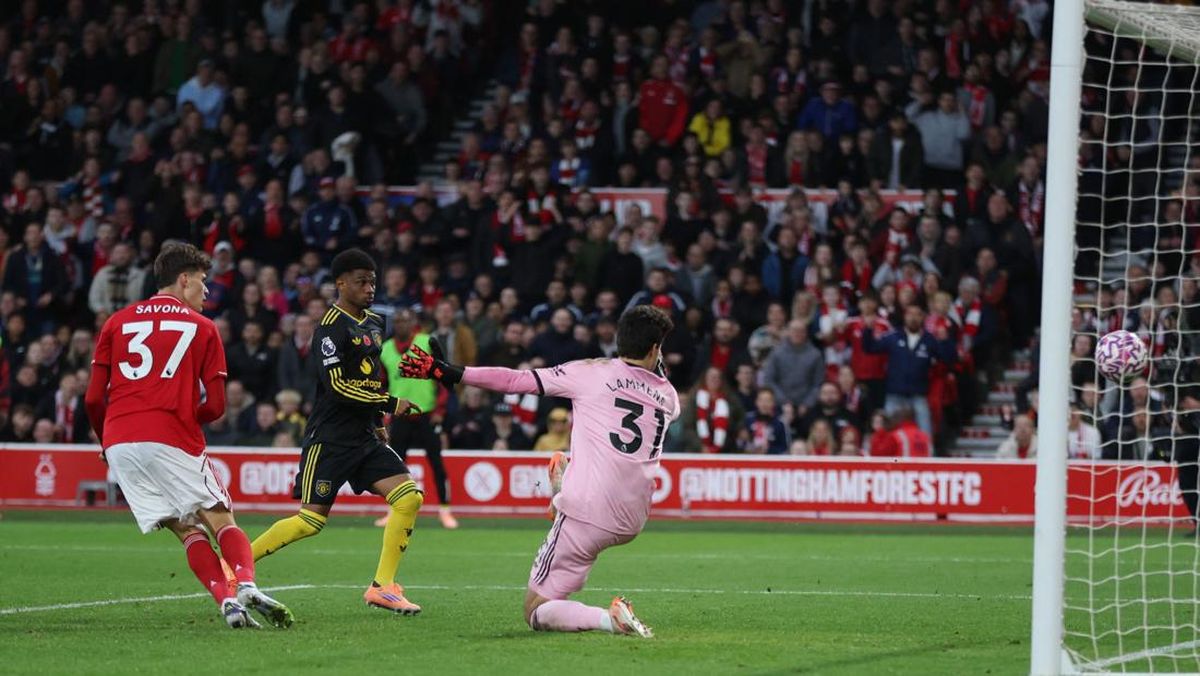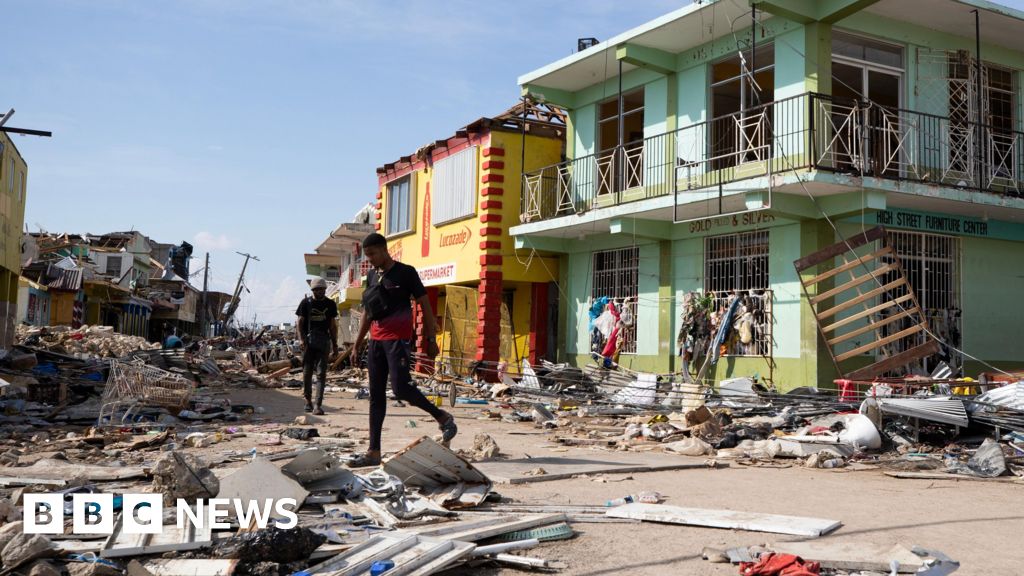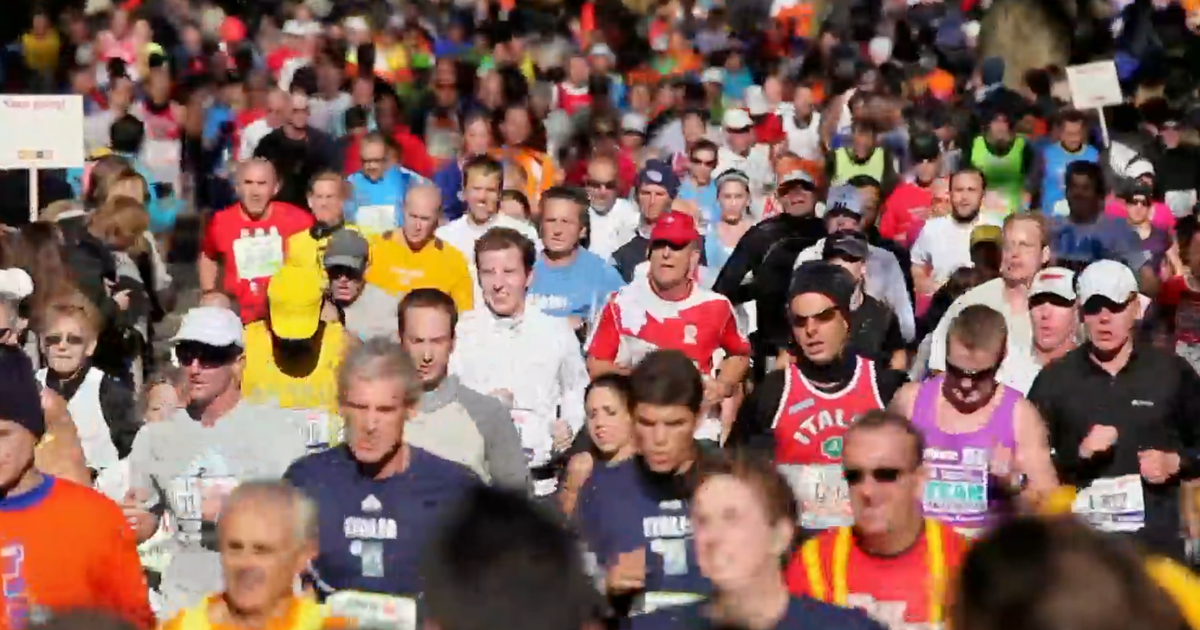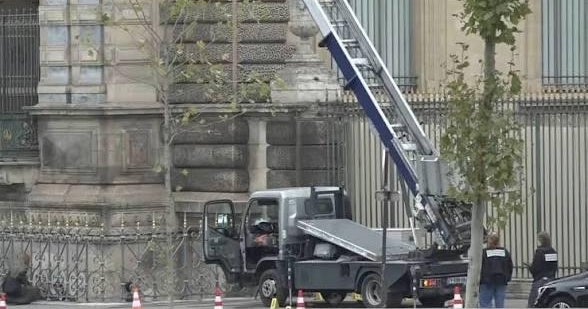During busy times of the day, council rubbish trucks experience congestion at the Ravenhall tipping face, which jeopardises their ability to complete bin pick-up cycles across the city, Cleanaway argues. The company says the cap also gives the tip’s operators less time to compact piles of waste, which means the landfill is filling up more quickly.
“The landfill cells have a shorter lifespan than planned,” the company said in its latest proposal, adding that the density of waste in each landfill cell has reduced by 12 per cent since 2019 because machine operators are getting less time to compact it.
The expanded tipping face would only be used at times of high demand, when there is a logjam of council waste trucks, the company argues. It claims the expansion will bring environmental benefits because the landfill will be able to accept more rubbish and trucks will not have to idle for long periods.
The EPA has twice refused to give Cleanaway’s proposed two-year pilot project a green light.
An EPA assessment submitted to VCAT as part of the hearing details the environmental watchdog’s opposition to Cleanaway’s proposal, including its rejection of the company’s claim that a two-year tipping face expansion could credibly be called a trial.
“The concept proposed by the applicant does not seek to engage in a genuine activity of research, demonstration or development as it is not seeking to assess a new concept,” the EPA says in its statement of claims.
Instead, Cleanaway hopes to expand its tip operation “without providing any system to determine an optimum tipping face size that adequately mitigates against environmental risks”.
The EPA argues that there are “four tangible risks to human health and the environment” if Cleanaway expands its operation: more litter; more vermin and disease vectors; more risk of landfill fires; and increased odour.
First in the line of impact from an expanded landfill operation would be inmates of the Dame Phyllis Frost remand centre, just 200 metres away. The EPA argues inmates’ human rights could be breached due to impacts from odour, litter and vermin.
“The neighbouring correctional facility may be impacted due to close proximity and the inability for inmates to be removed from the facility if impacted by odour. Vermin fouling roofs may also compromise security monitoring equipment,” it said.
The EPA also argues the bigger tipping face would cause a spike in the local seagull population.
The Ravenhall tip is already home to thousands of silver gulls, and the EPA says a surge in their numbers would damage nearby property and threaten the survival of other bird species.
“EPA considers the trial will increase the quantity of exposed waste on site due to the larger tipping faces which will increase the availability of food for vermin, in turn attracting more vermin to the site.”
Site inspections by EPA officers suggest the company already struggles to control litter escaping from the landfill or to manage the seagull population, the authority said.
Cleanaway breached its tipping face cap 24 times between June 2021 and April 2025, according to EPA records.
The EPA’s stance drew fire from Peter Anderson, chief executive of industry group the Victorian Waste Management Alliance, who accused it of being obstructionist, instead of helping Cleanaway solve the problem.
Anderson said Melbourne was running low on landfill capacity and Cleanaway was trying to find answers.
“Melbourne is getting bigger, and it’s producing more waste, and we are getting less holes in the ground. Why doesn’t the EPA work with Cleanaway for a better solution, rather than just building walls?” he said.
“It’s the community in the end that will suffer because they won’t be able to get rid of their rubbish, or it’s going to cost more and more to move it somewhere else.”
Melton Mayor Steve Abboushi said residents in nearby Mt Atkinson had already complained to the council about landfill odour.
“The community is deeply concerned about what this application means in terms of the environmental effects, especially given this tip is very close to a number of our housing estates,” Abboushi said.
“We hold concerns about what this means in real terms for our residents.”
Loading
An EPA spokesperson said the authority had not granted Cleanaway a licence for the tipping face pilot project at Ravenhall, and could not comment further because the case was ongoing.
Cleanaway said the pilot expansion at Melbourne Regional Landfill “is to improve environmental, safety and customer outcomes within the current landfill”. Cleanaway was committed to compliance with its general environmental duty and appropriate controls, a spokesperson said.
The case will return to VCAT early next year.
The Morning Edition newsletter is our guide to the day’s most important and interesting stories, analysis and insights. Sign up here.


















































